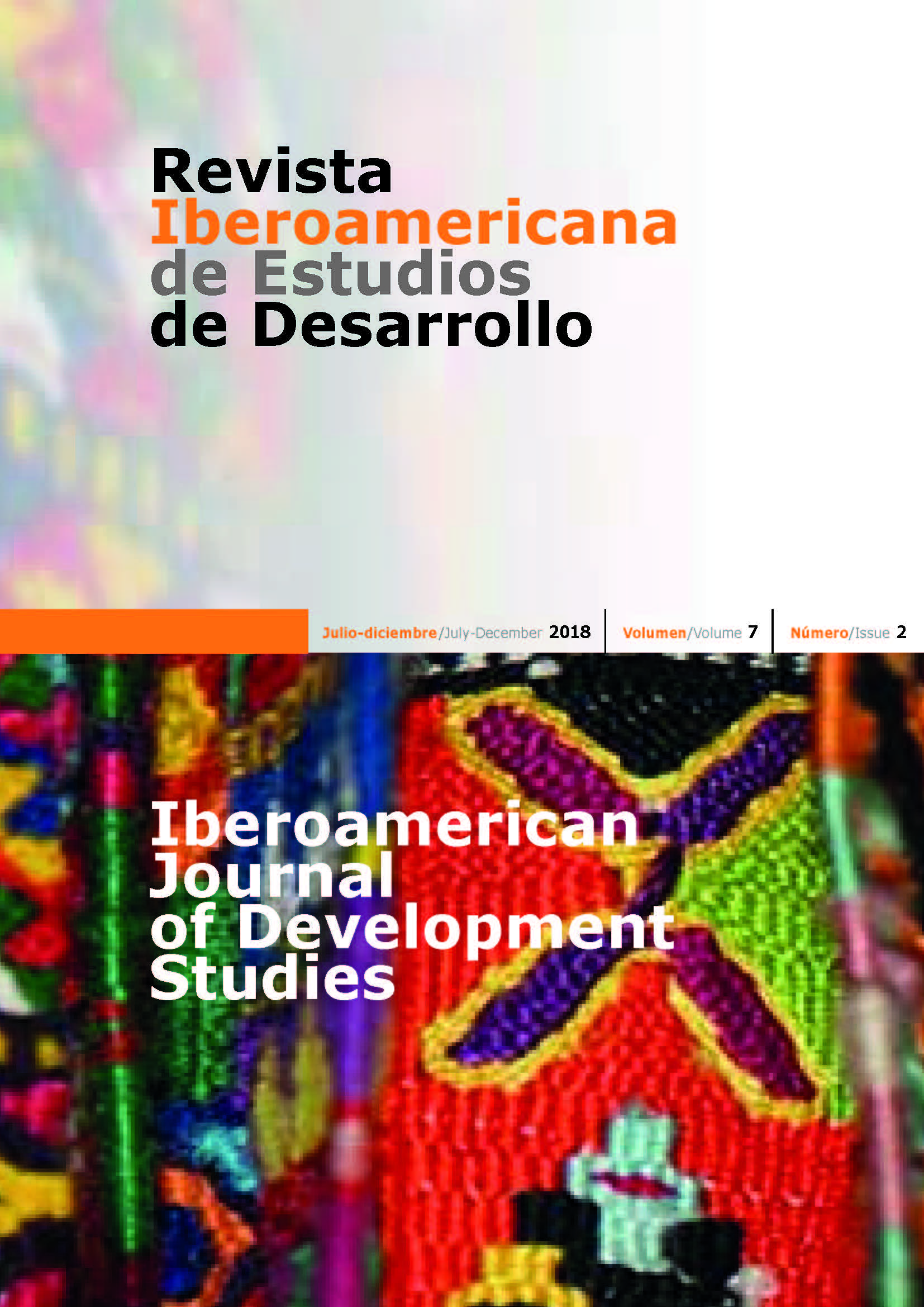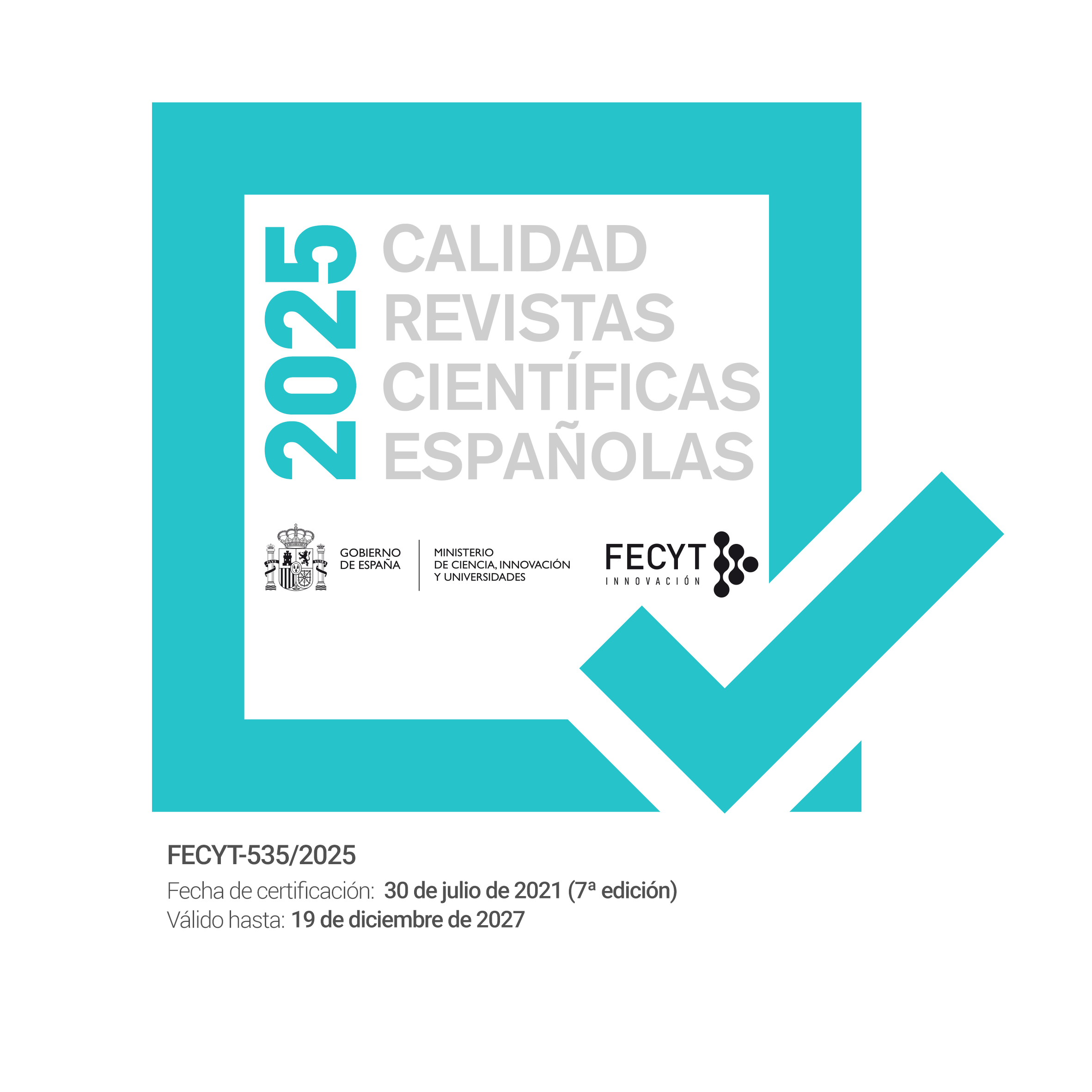Ampliando la comprensión de la pobreza energética desde el enfoque de capacidades: hacia una mirada construida desde las personas afectadas
DOI:
https://doi.org/10.26754/ojs_ried/ijds.295Palabras clave:
pobreza energética, enfoque de capacidades, visión desde la base, agencia, justicia energéticaResumen
Este artículo busca contribuir a una mejor comprensión de la pobreza energética, e incluir la visión de las personas afectadas. Para ello, utilizando el enfoque de capacidades y tras un trabajo de campo cualitativo, proponemos un marco conceptual para reinterpretar y redefinir la pobreza energética, de manera que: i) sea vinculada con cuestiones de justicia social y vulnerabilidad; ii) se amplíe el espectro de causas y se vinculen con cuestiones personales, sociales, medioambientales y estructurales; iii) se comprendan las consecuencias como la privación de una serie de capacidades, funcionamientos y agencia que impiden a las personas vivir la vida que valoran. Avanzar hacia esta comprensión más amplia resulta relevante, como paso previo para diseñar políticas más efectivas y alineadas con las percepciones y aspiraciones de las personas que sufren pobreza energética.
Descargas
Descargas
Publicado
Número
Sección
Licencia
Derechos de autor 2018 Victoria Pellicer-Sifres

Esta obra está bajo una licencia internacional Creative Commons Atribución-NoComercial-SinDerivadas 4.0.



